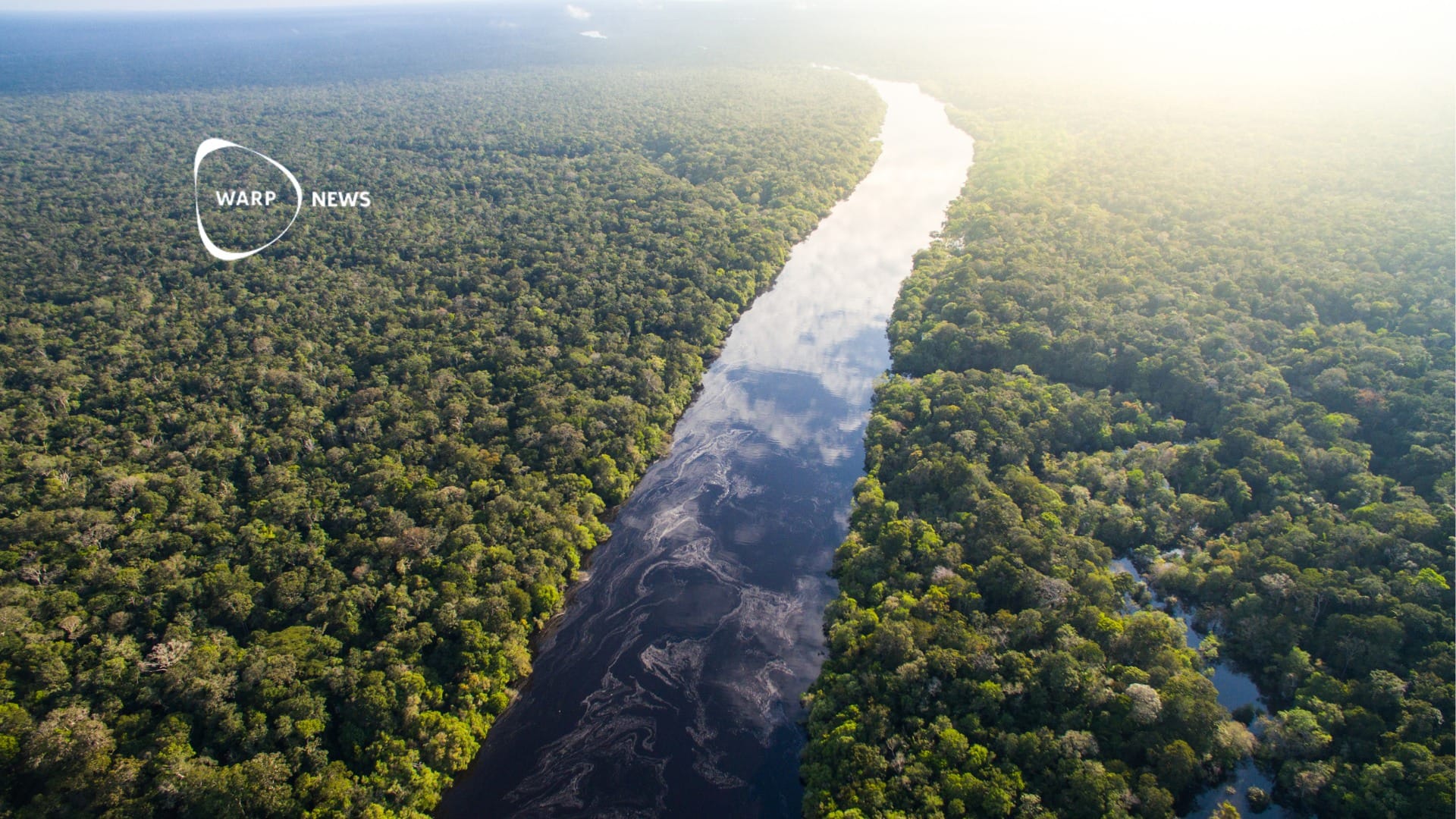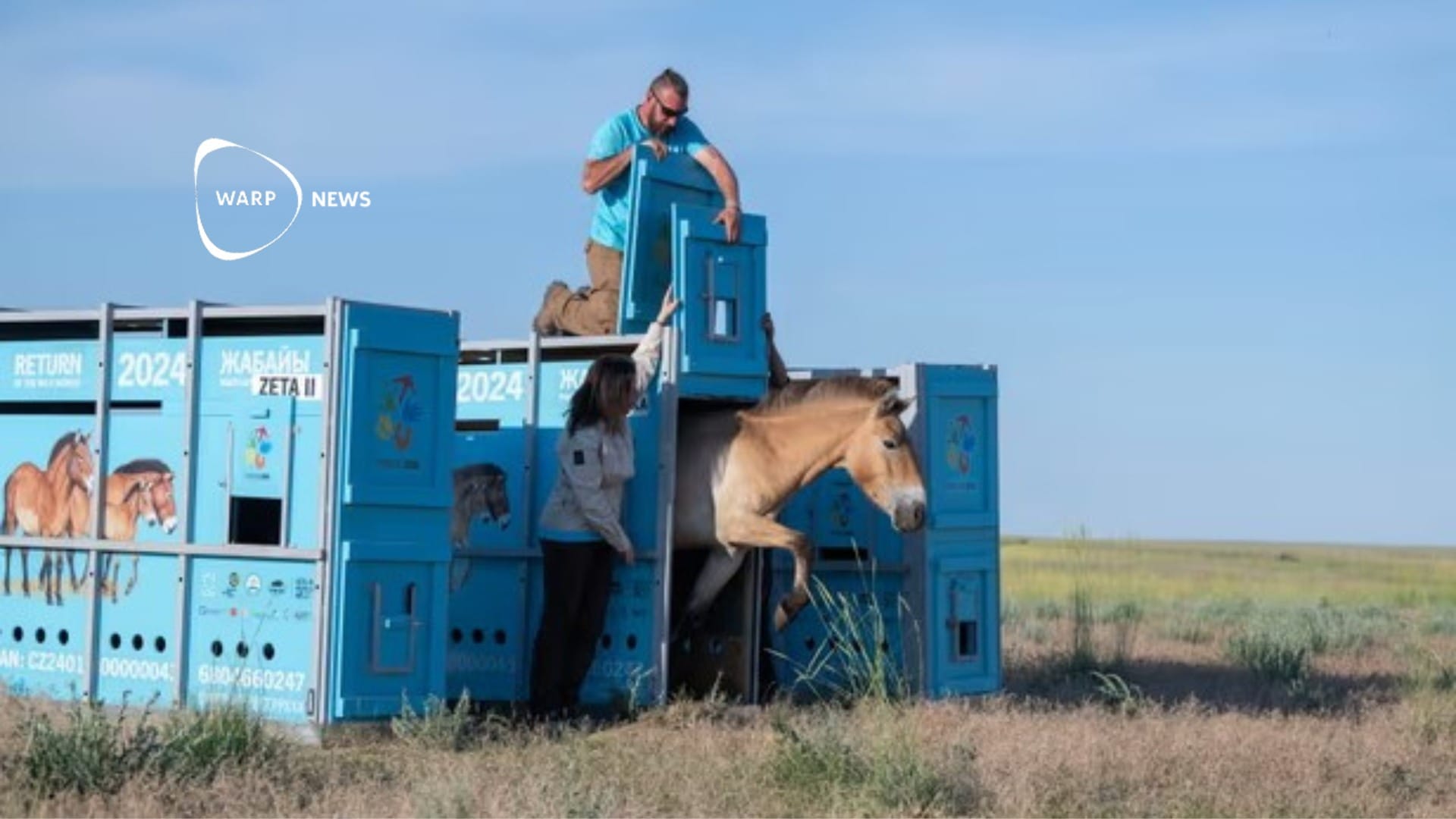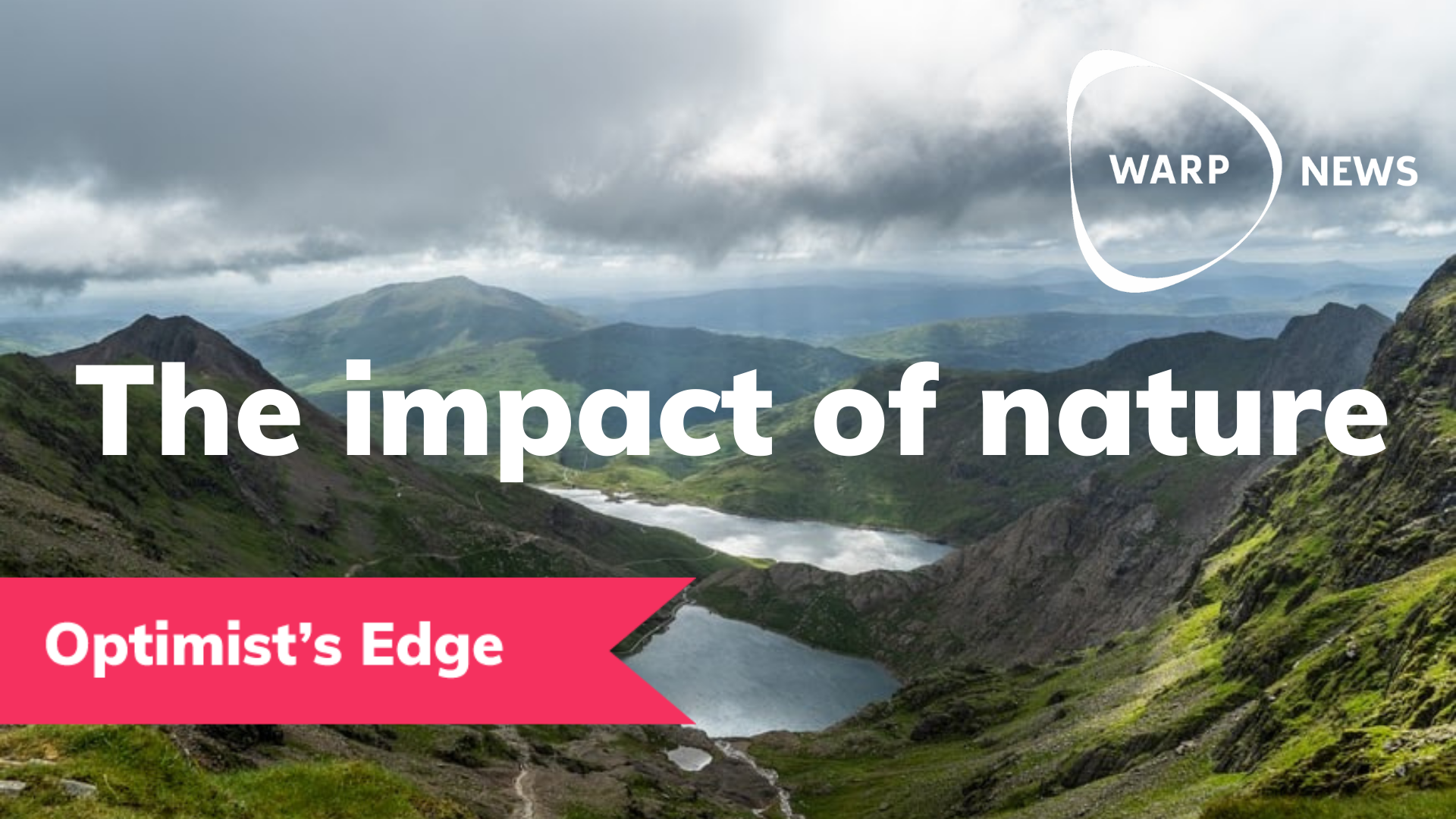
💡 Optimist's Edge: Six good reasons for protecting more nature
Most people believe that less nature is protected today compared with 20 years ago. But this is not what reality looks like. Read more about how we can boost both the economy - and our health - by becoming even better at taking care of nature.
Share this story!
SUMMARY
📉 What people think
Many believe that protected nature has decreased over the past 20 years.
📈 Here are the facts
Sixteen percent of the world's landmass is considered protected. And of areas that are classified as particularly important from a biodiversity point of view, almost half are now protected, which is an increase from a third in 2000.
💡 Optimist's Edge
Protecting natural areas is proven to affect both humans and nature positively.
👇 How to get an Optimist's Edge
Go for a swim, change your office location or develop new technology. These are some options available if you want to get the edge. Read on, and we will explain more.
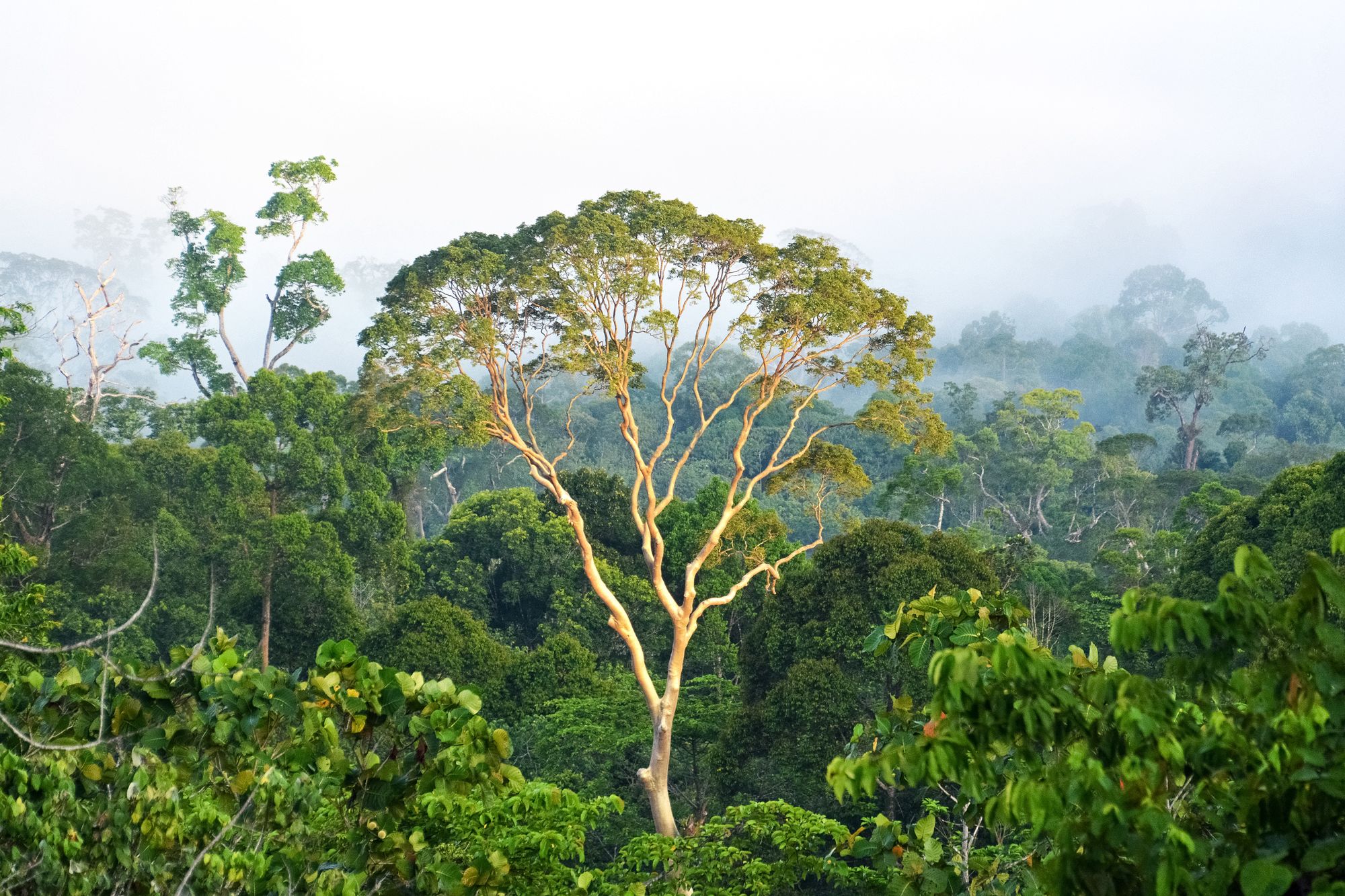
📉 What people think
Did you know that we're getting better at protecting natural areas? Despite this, we more often read news articles about the devastation of the Amazon or various species that are threatened with extinction. In other words, it is not very surprising that a minority believe that the protected nature in the world has increased in the last 20 years, according to a survey by Warp.

📈 Here are the facts
Globally, about 16 percent, or closer to one-sixth, of the world's landmass is classified as protected areas, according to statistics from January 2022. It is not dramatic, but still a specific increase compared to the previous year, but if we study the numbers more in detail, we will discover even more positive news.
Of areas classified as particularly important from a biodiversity point of view, almost half are protected (2017), an increase from a third in 2000. A corresponding increase has also occurred in mountain areas with vibrant biodiversity. We have become almost as good at protecting corresponding regions of lakes and rivers. The latter is significant as many freshwater species are threatened with extinction.
Here are a few examples of different initiatives to protect nature areas:
- China plans to plant forests on an area equivalent to Belgium annually until 2025 and annually until 2025 and also create more national parks.
- Have you heard of Europe's Amazon? It is a project that connects thirteen nature reserves along the rivers the Drava, Mura, and the Danube in the five countries Austria, Slovenia, Croatia, Hungary, and Serbia. The project strives to preserve important ecosystems and develop the region economically.
- Protected nature is not just about national parks and large-scale political projects. One example is a foundation in New Zealand, named after Queen Elizabeth II, which documents land protected by private landowners. At present, 4,700 areas are included in the fund's network.
- In Scotland, private individuals have contributed £ 3.8 million through crowdfunding to buy land that will become a nature reserve.
The list of positive examples could be made longer. But at the same time, we should not turn a blind eye to the significant challenges that lie ahead. According to the Living Planet Index, wildlife populations have declined by an average of two-thirds since 1970, and more than 3,000 fish species are threatened with extinction.
In other words, we need to become even better at protecting and preserving valuable nature. Many large organizations have supported the goal that 30 percent of the planet should be covered by 2030.
💡 Optimist's Edge
Why should we protect nature? Perhaps the opportunity to wander in a pristine forest is enough of an answer. But here are six more good reasons:
For the sake of nature itself
Let's leave the anthropocentric perspective for a moment. It is difficult to ignore the fact that human expansion and activities have had a strong negative impact on the living conditions of other species. It is worth mentioning: By creating nature reserves, national parks, or other areas that are protected in different ways, we increase the space where wild animals and plants can live. We preserve nature for its inherent value.
Counteract global warming
We humans can also benefit from the ecosystem services that nature contributes; for example, clean water or forests that act as carbon dioxide sinks help slow down global warming.
Sports and leisure
We have already mentioned recreation in the form of forest walks. There is, of course, a wide range of activities in nature for us to engage in, such as hunting and fishing, hiking, kayaking, rock climbing, photography, and more. In general, the interest in nature tourism is increasing.
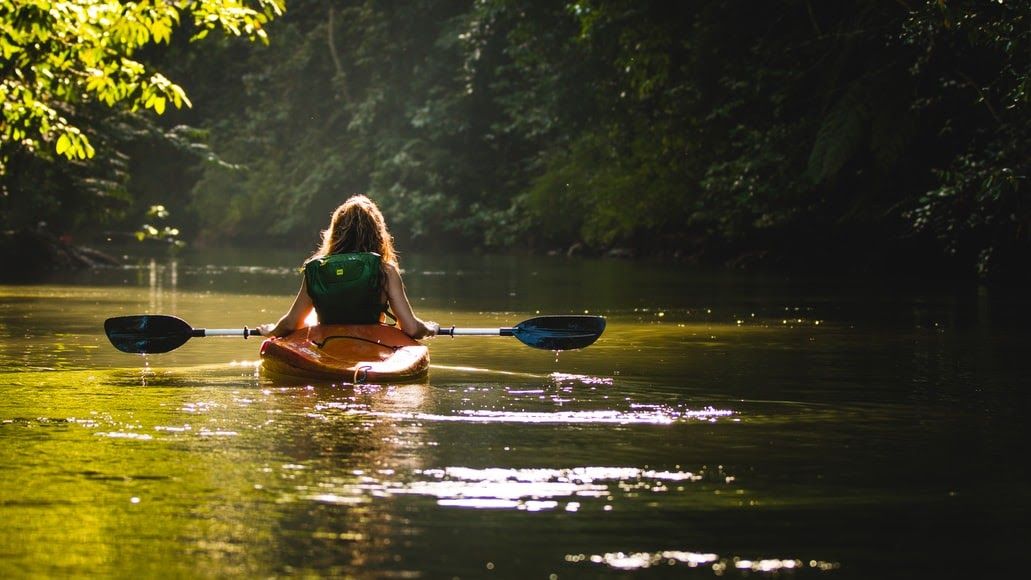
Financial gains
Various ecosystem services, such as those we mentioned above, are examples of how it's possible to make money by conserving natural areas. For instance, it could include forests that prevent floods or storms, save money, and reduce human suffering.
Nature tourism is, of course, another example of how we can make money by taking care of nature, but there are plenty more. In a study published a couple of years ago, over a hundred researchers reviewed the economic benefits of conserving wildlife compared to the costs.
One might think that sectors such as agriculture, forestry, and fisheries that make a living from farming land and water would lose out on a conservation strategy, but this does not seem to be the case. Take, for example, the oceans. Due to overfishing and climate change, revenues in the fishing industry are expected to decrease in the future. But by protecting different areas better, the catches can increase in the long run and thereby the profits. In addition, prosperous sea areas can generate income from diving and other types of tourism, which are often more profitable for the local business community than fishing.
For our wellbeing
More and more research shows that being in nature is good for us. Listening to birds chirping, for example, can reduce stress.
In Japan, so-called forest baths were invented in the 1980s. The idea was that exhausted office workers would spend time outdoors to improve their health - and avoid premature death. There are even researchers who believe that doctors should prescribe these forest baths. In the small town of Biarritz on the French Atlantic coast, doctors have started prescribing surfing for various diseases, such as obesity, diabetes, stress, and depression, instead of pills.
In other words, by giving more people access to nature experiences, we can help prevent some of the significant health challenges of our time, such as mental illness and various lifestyle diseases, and thereby increase both our well-being and productivity.
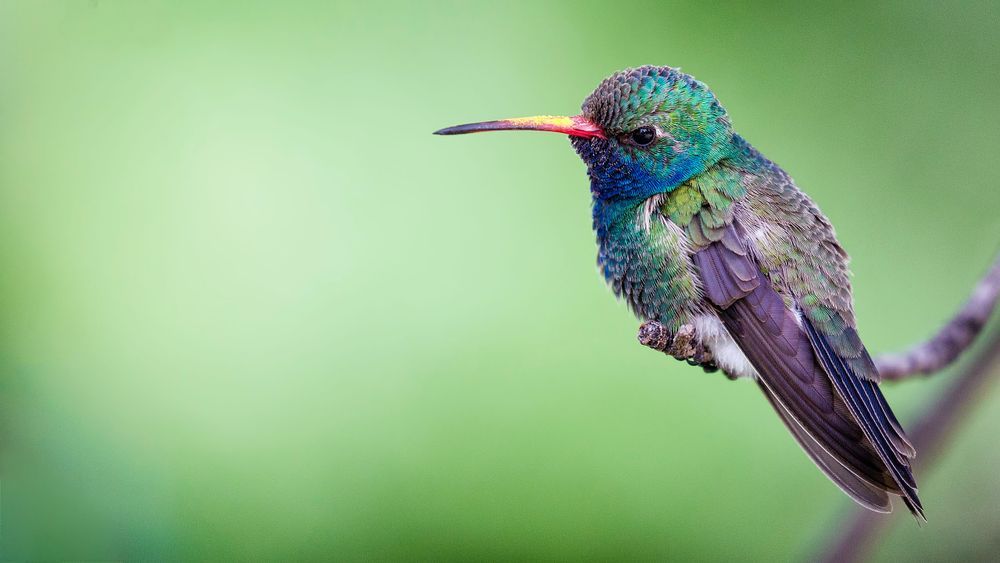
Read more about how we can live longer and healthier lives in the future.
Even more healing power
Many plants are used worldwide for medicinal purposes, and many essential drugs, such as morphine and aspirin, are based on substances that were first discovered in plants. Various substances produced by animals have also proved interesting for drug research. For several years, for example, there has been a diabetes medicine derived from the saliva of the Gila monster.
Various poisons produced by, for example, snakes and spiders can prove to be particularly valuable. DNA technology also makes it easier to detect and synthesize these substances.
We also reduce the risk of different species dying out by conserving nature so we get more time to discover what benefit they might provide.
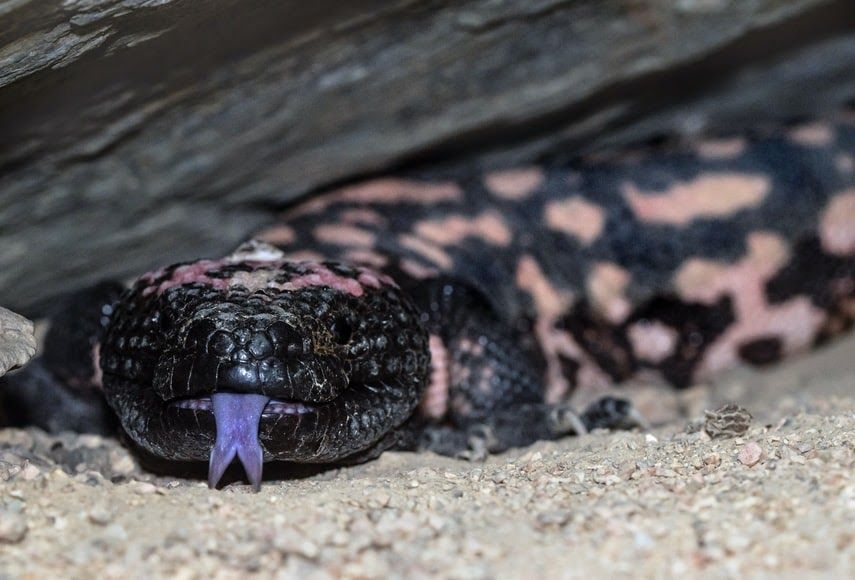
Prevent future pandemics
More and more research points to a link between deforestation and disturbed ecosystems on the one hand and the development of various infectious diseases on the other. An estimated 60 percent of all infectious diseases are zoonotic; they have spread from animals to humans, such as Borrelia and Ebola. By becoming better at protecting nature, we can also reduce the risk of diseases spreading from animals to humans. At best, it could even prevent future pandemics.
👇 How to get Optimist's Edge
- Take a forest bath. The Japanese trend of shinrin-yoku is becoming increasingly popular worldwide. And it's not so strange considering that a moment in the woods can help lower stress levels, heart rate, and blood pressure and strengthen the immune system.
- Move out of the office. Maybe you are one of those who took the opportunity to conduct some of last year's remote work from the patio? The interest in outdoor offices does not seem to end just because the pandemic does. A simple start could, of course, be to have more walking meetings. Or why not organize the next conference in the woods or the mountains?
- Develop technology that helps to preserve animals and nature. Cameras, sensors, GPS necklaces, and drones are technologies used today.
- Buy forest. Naturarvet is a foundation that protects more of Sweden's old-growth forests. You can, for example, buy a forest plot or become a sponsor of a tree.
Did you know that:
- There are almost 4000 nature reserves in Sweden?
- Elev percent of the medicinal substances considered necessary by the WHO originate from flowering plants.
- The Puertoricoama zone is a species of parrot that has been rescued from extinction.
Read more:
A 1,000 square kilometer nature reserve will protect the jaguars in Belize
The "sea motorway" for endangered marine life becomes a nature reserve
Forests larger than France have regrown over the past 20 years
Covering 30 percent of the planet for nature: costs, benefits and economic implications
❓ What else can you do?
Feel free to share more ideas with other Premium supporters in our Facebook group.
By becoming a premium supporter, you help in the creation and sharing of fact-based optimistic news all over the world.

